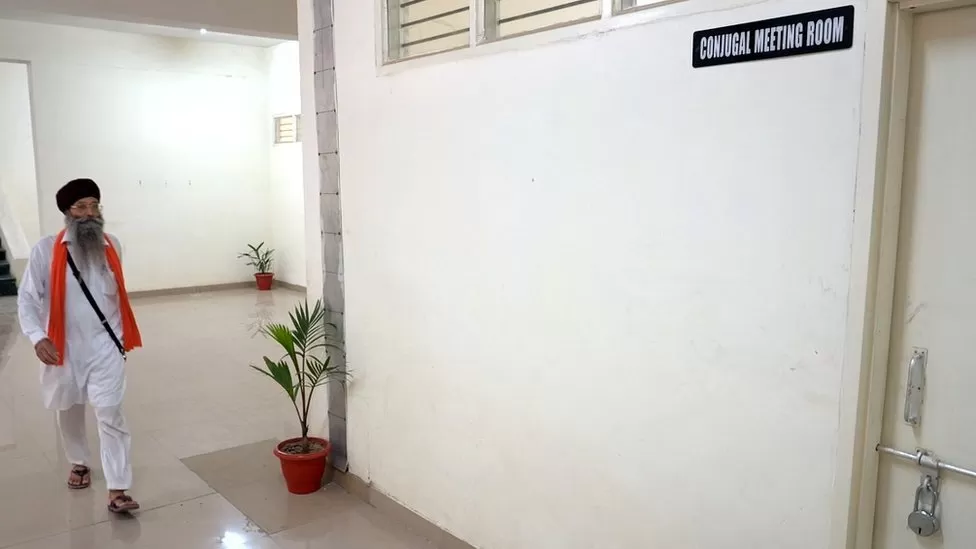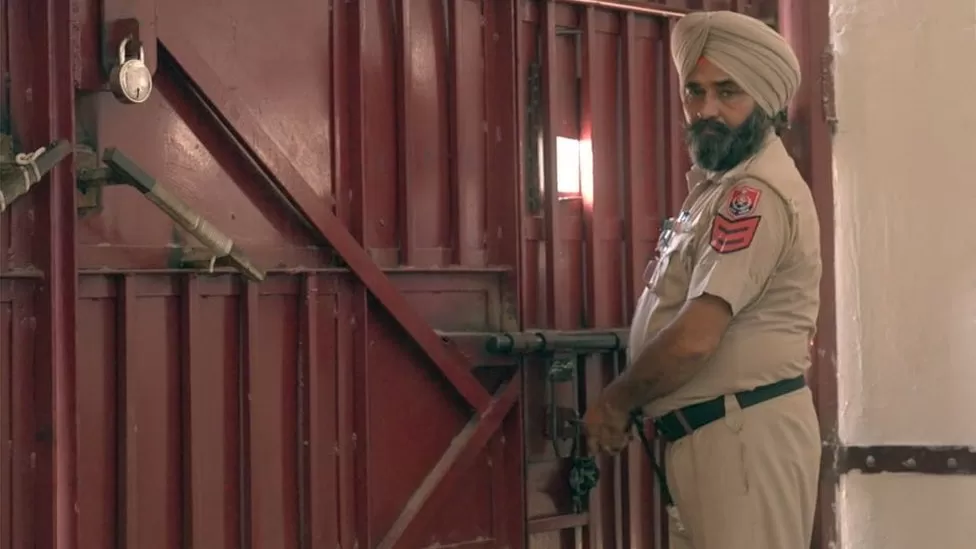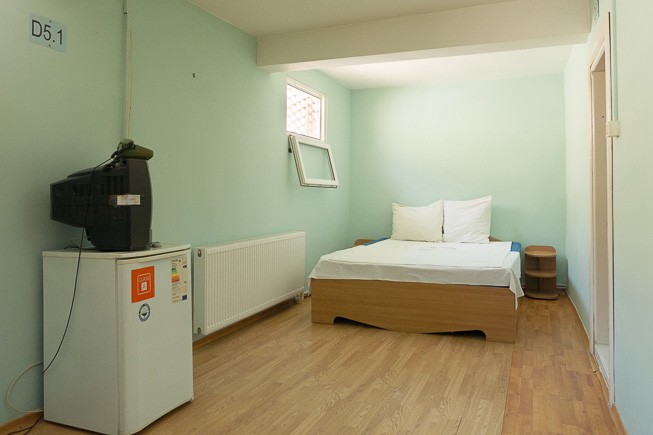Punjab in northern India has become the first state in the country to allow prisoners conjugal visits.
Sixty-year-old Gurjeet Singh, who has been accused of murder and lodged in Goindwal Jail in Tarn Taran district for the past few months, became the new rule’s first beneficiary.
“I am lonely and depressed in jail,” he told the BBC. “I felt a great relief when I was allowed to meet my wife and spend a couple of hours with her in private.”

The meeting happened after Punjab prison officials decided to allow inmates – who exhibited good conduct – visits from their spouses for two hours every two months.
Since then, more than 1,000 prisoners in the state have applied for permission for such visits, authorities said, adding that nearly half of them have already had their requests granted.
Supreme Court lawyer Sunil Singh said in some states in Indian, such as Rajasthan and Maharashtra, prisoners who behave well in jail are allowed to stay in open prisons with their families.
He added that courts across the country often allow prisoners leave for “procreation” or to “maintain marital relations” and that, even at that, a majority of the more than half a million prisoners in India can go for years without meeting their spouses.
Punjab has become the first Indian state to allow such meetings inside jails with the launch of the new scheme.
Starting with three of the state’s 25 jails on Sept. 20, the scheme was expanded to cover 17 prisons by Oct. 3.
“The remaining jails are too small to provide the facilities and one is meant for children,” officials said.
Jails taking part in the new scheme have been asked to set up a room with a bed and an attached bathroom to allow a couple some privacy.
The government order says a married couple is allowed to have sex and, in some prisons, condoms are provided.
“The decision was taken to keep the stress levels of inmates in control and to ensure their re-entry into the society,” senior prison department official Harpreet Sidhu said. “Conjugal visits for sexual intercourse fulfill a basic biological need.”
Lawyer Amit Sahni agrees but says allowing inmates conjugal visits goes beyond meeting their biological needs.

It is their fundamental human right, he said.
Not allowing Indian inmates any physical contact with visitors on jail premises was what prompted Sahni to file a public interest petition in the Delhi High Court in 2019, asking for conjugal visits to be made a fundamental right for prisoners since it’s “a person’s basic human right.”
“It’s perfectly natural for a couple to want to hold hands or hug when they meet but they have to hold back since the meetings are held in the presence of prison officials,” he said.
He added that: “it’s okay to punish someone who has committed a crime but what about the spouse or the partner who is innocent? Why is her right being taken away?”
His petition is still being heard but time and again, prisoners and their spouses go to court to ask for parole for the purpose of “maintaining marital relations” or “procreation.”
In many of the cases, their plea are granted.
In 2018, the Madras High Court allowed a 40-year-old convict serving a life sentence in Tamil Nadu’s Tirunelveli district to visit home for two weeks for the “purpose of procreation.”
The judges even went as far as saying that conjugal visits were “a right and not a privilege.”
In countries such as Belgium, Canada, Denmark, France, Spain, Germany, Philippines, Saudi Arabia and Russia – including some states in the United States – inmates are allowed conjugal visits.
Brazil and Israel even extend that right to same-sex partners.





